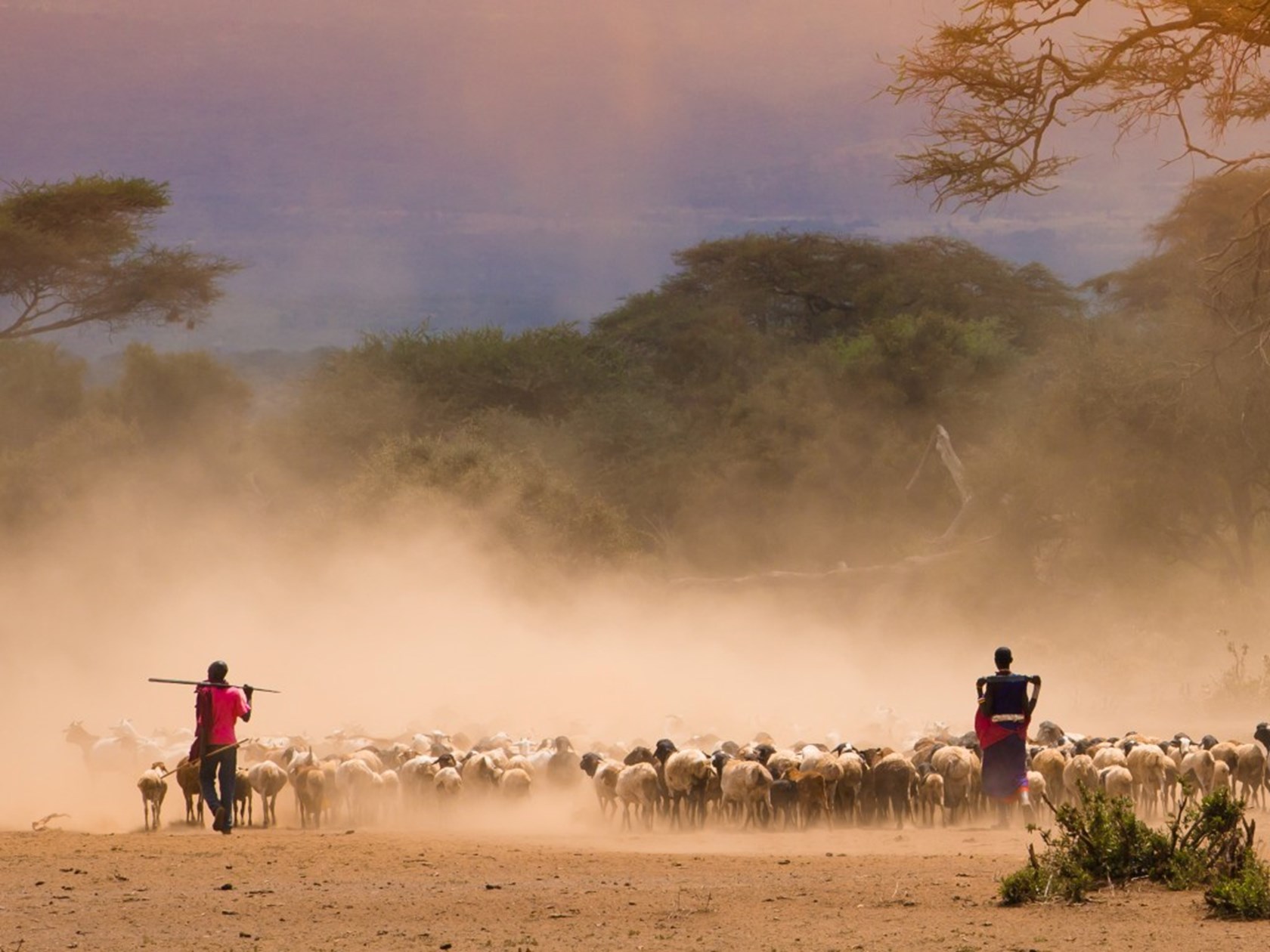How developers can navigate risks and deliver lasting impact
As Africa accelerates its energy transition, renewable energy developers are contending with an ever-shifting operating landscape. Political volatility, evolving stakeholder expectations, and tightening international standards are transforming the way projects must be planned, financed, and delivered.
Developers must recognize that social performance is no longer optional—it is a strategic necessity. To secure a resilient social license to operate, developers are urged to proactively manage relationships with communities, governments, and lenders, each of whom brings distinct and often competing expectations. Projects must address land access, human rights risks, and environmental compliance from the outset, integrating these considerations into planning and delivery. Inclusive engagement strategies, particularly with Indigenous Peoples, are essential, with Free, Prior, and Informed Consent (FPIC) processes requiring thoughtful, well-resourced implementation.
Developers must also align with international standards, such as those set by the IFC, to meet lender requirements and avoid reputational harm. Ultimately, success hinges on embedding social performance into governance frameworks, enabling projects to deliver long-term value for all stakeholders. Without thoughtful, inclusive approaches, the consequences are clear: stalled projects, reputational harm, and diminished investor confidence.
The analysis in this document draws on ERM’s experience supporting clients across sub-Saharan Africa, and outlines some of the most pressing social risks facing renewable energy developers, and how they can be addressed through integrated, forward-looking strategies.

